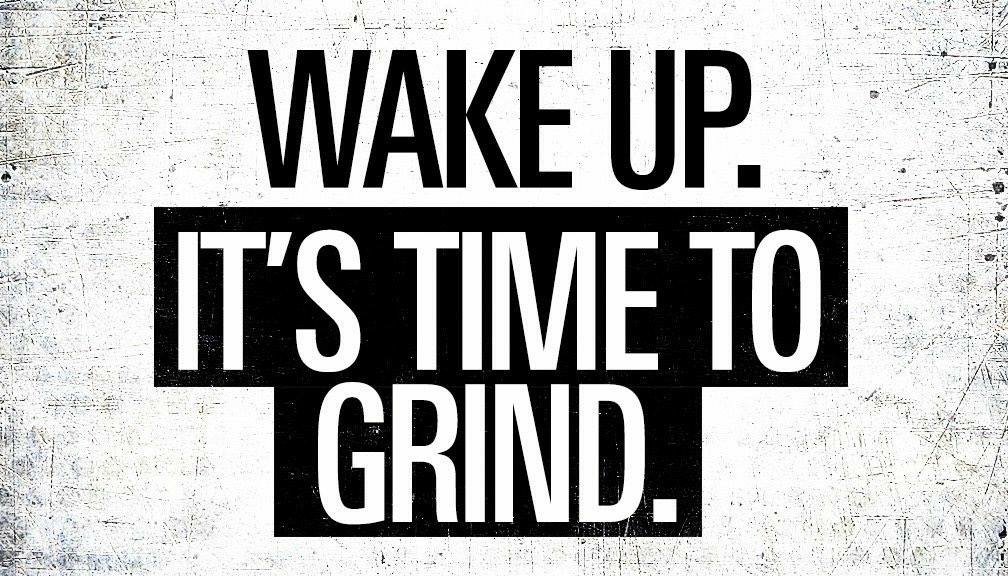In typical “either/or” thinking, many in the church have come to believe that if something isn’t easy, it must not be from God. The reasoning goes something like, “If Jesus said the burdens would be light, then this hard thing I’m dealing with must not be from Him.”
The verse often quoted is a familiar one, and also one of my favorite passages in all the Bible.
Come to me, all you who are weary and burdened, and I will give you rest. Take my yoke upon you and learn from me, for I am gentle and humble in heart, and you will find rest for your souls. For my yoke is easy and my burden is light. (Matthew 11:28-30 NIV)
The usual rationale is that anything that appears to be work must be bad because, after all, no one really enjoys working. Or even if there is work to be done, it should be easy because Jesus just said the burden would be light.
And yet, these words of Jesus are at the end of a chapter that begins with John the Baptist in prison (a place where he eventually died). In full disclosure, I’ve never been in prison, but I think it’s safe to assume it isn’t a light and trouble-free environment, especially in the days these words were spoken.
There are seasons when what we do is a grind, and for me, those are the seasons when the promise of Jesus is even more life-giving. He isn’t inviting us to a life free of burdens, but rather to a life free of bearing burdens alone. His is a call to partnership with Him and His strength, a call away from pushing through the work in our own strength.
[Tweet “Jesus isn’t inviting us to a life free of burdens, but rather to a life free of bearing burdens alone.”]Too often, we miss the simple reality that there is still a burden — a yoke — to be worn at the end of this promise. But it isn’t a yoke made for one. In the farming culture of Jesus’ day, the listeners would have known right away that weaker oxen would be paired with stronger oxen by being placed side by side and connected with a yoke made to fit them each perfectly.
I think we all know who the weaker oxen are in this scenario, and that leads us to the true meaning of this promise:
When we throw off this yoke of partnership with Jesus in the work, we are left to do the work in our own strength, which will wear us out, and will cause us to think the problem is the work.
But the problem isn’t the work, but the worker. Or to be more accurate, the missing Worker.
There are seasons that feel like a grind. As a runner, that season is summer. Every run is slower and harder than I think it should be, and yet there is grace in the grind to slow down, not judge myself too harshly, and to remember that fall temperatures are coming. It’s no different in life and faith. Some seasons are simply harder than others, and yet in those seasons that grind our souls, we can look and see another One yoked with us who is bringing the power we need to get through the work we face.
Surely, this is what motivated another worker to pen these words:
But he said to me, “My grace is sufficient for you, for my power is made perfect in weakness.” Therefore I will boast all the more gladly about my weaknesses, so that Christ’s power may rest on me. (2 Corinthians 12:9 NIV, emphasis mine)
God’s power is already perfect, so when Paul said His power was made perfect in weakness, it means that our weakness reveals perfectly God’s strength. That’s why Paul boasted in his weakness.
And that’s why we can, too.





